Climate change, conflict and violence, economic, social and political events have led to an all-time high number of people displaced, putting great strain on domestic and international resources. Fragility and poverty still converge while national-level inequality is on the rise. We have also witnessed a rise in populist-led movements in many countries driven by isolationist tendencies resulting in an uncertain future for global trade.
All these events challenge the commitments the world made in 2015 through the SDGs – and make the spirit of cooperation and multilateralism that have brought us this far more important to uphold than ever. The “Investments to End Poverty” 2018 report from Development Initiatives takes stock of where we are and sets out a renewed agenda on how financing should respond to meet the priorities of Agenda 2030, specifically SDGs 1 and 10 to end poverty and inequality in all their forms everywhere.
This report is the third in a series launched in 2013 ahead of Agenda 2030 to provide evidence-informed analysis on the impact of aid on poverty, the right balance between promoting growth and direct assistance to people in poverty and the need to mobilise more resources and use them effectively. The second report provided greater insight on all the potential resources available to finance the SDGs. Investments to End Poverty 2018 sets out a clear agenda on how aid, within the broad development finance landscape, can be better targeted to support Agenda 2030’s ambitions by focusing on the poorest people first.

